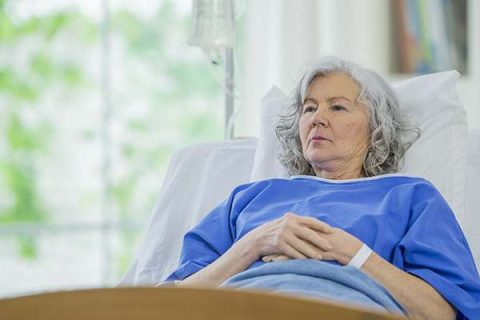July 6, 2018 by

Undergoing surgery for older adults usually involves some inherent risks, but there is a little-known effect impacting a large number of seniors after medical procedures that we all have to be aware of: POCD (postoperative cognitive dysfunction). POCD takes place in more than 25% of older adults during the days or possibly weeks just after non-cardiac surgery, and may present with a number of symptoms, some that can be almost indiscernible: forgetfulness, loss in concentration and focus, along with other forms of cognitive decline that affect standard of living.
Research points towards the medical procedure itself and the associated stress, as opposed to anesthesia, as the culprit in POCD. According to Dr. Roderic Eckenhoff, vice chair for research and Perelman School of Medicine at the University of Pennsylvania professor of anesthesiology, “Most surgery causes peripheral inflammation. In young people, the brain remains largely isolated from that inflammation, but with older people, our blood-brain barrier becomes kind of leaky. That contributes to neuroinflammation, which activates a whole cascade of events in the brain that can accelerate the ongoing aging process.”
There are still many unknowns to be explored to understand how exactly to prevent and/or successfully treat POCD: how to most effectively measure it, whether it contributes to a continuum of brain disorders post-surgery or is a standalone condition, and how to tell it apart from standard brain functionality later in life. Scientists are currently working to more effectively gain an understanding of POCD, with several scientific journals preparing to publish the latest discoveries and developments at a future POCD conference.
While commonly a short-term condition, POCD is a risk factor that ought to be discussed with the doctor just before surgery for an older adult, particularly if the senior has existing cognitive concerns. And for all seniors undergoing surgery, it is smart to refrain from activities which are cognitively stressful for 1 month post-surgery.
At Home Independent Living, a professional dementia care Syracuse NY provider, is the ideal post-procedure partner enabling seniors the chance to rest and fully recover from surgery, offering personalized, in-home help with a multitude of tasks. If the need is for assistance with household chores and meals during recovery, picking up medication refills and groceries, light housework and organization around the home, or help with personal care, safe ambulation and fall prevention, we’re readily available for as much or as little care as required. Give us a call at (315) 579-HOME (4663) to learn more and to schedule a free of charge in-home assessment to discover how we can most effectively assist your senior loved one.
